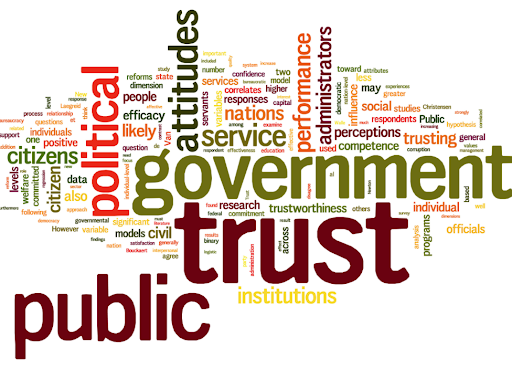When the top leader or elected official in your agency signs a glowing letter of recommendation for a manager who resigned shortly before evidence of his serial sexual harassment would become public — that’s as bad as it gets, right?

Not by a long shot.
When the leader’s action became known, he doubles down. Everyone deserves a second chance, he says, and the manager’s work had been good. No comment on the reason for his departure.
Good points, but…
In the process of editing a letter that the manager had provided for his signature, the leader bypassed the other branches of local government and his own constituents, including employees.
He disregarded the baseline personnel policy of providing only verification of the manager’s title and dates of employment.
And, most glaringly, he disregarded the women — their own employees — who’d endured and reported the ongoing abuse.
The inevitable fall-out
Elected officials were blindsided by intense media coverage and demanded answers. So did constituents. The agency paid out a substantial settlement.
The leader’s judgement, credibility and character were called into question. And by extension, his branch of government lost trust.
Transparency (re)builds trust
As fast as the fall from public trust can be, the return to creditability is so slow — a more deliberate journey. But it can be expedited.
It starts with accountability: owning the errors. All of the them.
To his credit, this leader did: He admitted the original letter was inappropriate, as was his initial defense of it; he admitted it was not wise to have kept information from other elected officials; and he admitted that his and the manager’s actions were disrespectful of women who’d endured workplace harassment on his watch.
Next steps? They include examining current policies and creating new, more transparent processes for responding to allegations of harassment. Employees should be included in these efforts, which helps ensure transparency and inclusion.
Of course, admitting to errors in judgement may be more than just embarrassing. There is some concern that such admissions could be fodder for civil lawsuits and monetary judgements.
However, recent and ongoing research makes it clear: A sincere apology can heal breaches and restore trust. It demonstrates accountability and can lead to real change. Meanwhile, according to research in the medical field — which seemingly leads the way — “failure to admit a mistake and apologize for it — that can prompt a lawsuit.” (Harvard Health Policy Review, Spring 2004)
In public service, the trust of those we serve is paramount. We maintain that trust and our credibility by acting thoughtfully and with transparency. Ideally, that pre-empts the need to apologize for failing to do so.
Amy Cloud is a media relations and PR professional with 20 years’ experience in healthcare, higher education, municipal government and emergency management. She is a FEMA-trained crisis communicator and certified Advanced Public Information Officer (APIO). Over her career she has been a national award-winning magazine writer and editor, TV reporter and newsroom supervisor, and EMMY-nominated producer. Using her master’s degree in Adult Education, Amy has prepared trainings ranging from engaging the media and effective interviews to creating public service ambassadors. She is an Emergency Management PIO and a member of the Governor’s Committee on Disability Issues and Employment.





Leave a Reply
You must be logged in to post a comment.